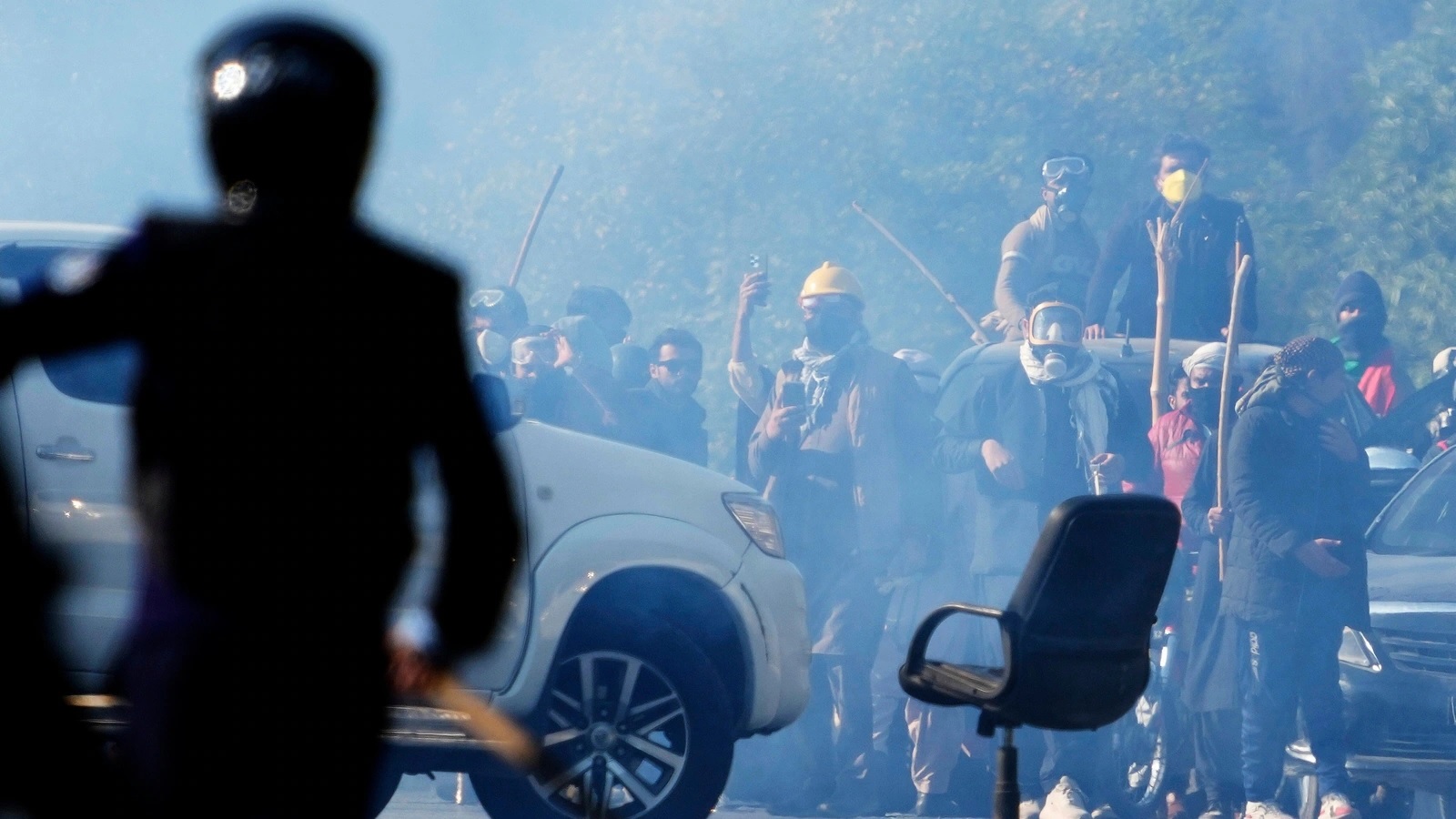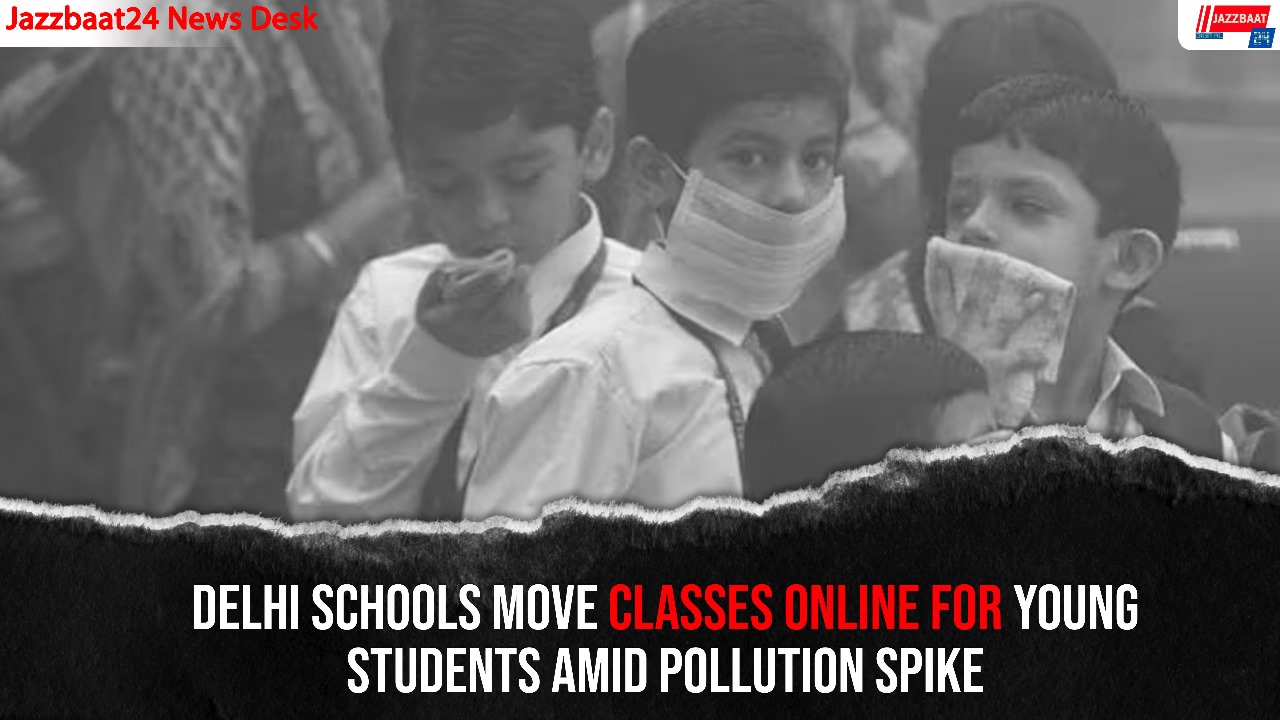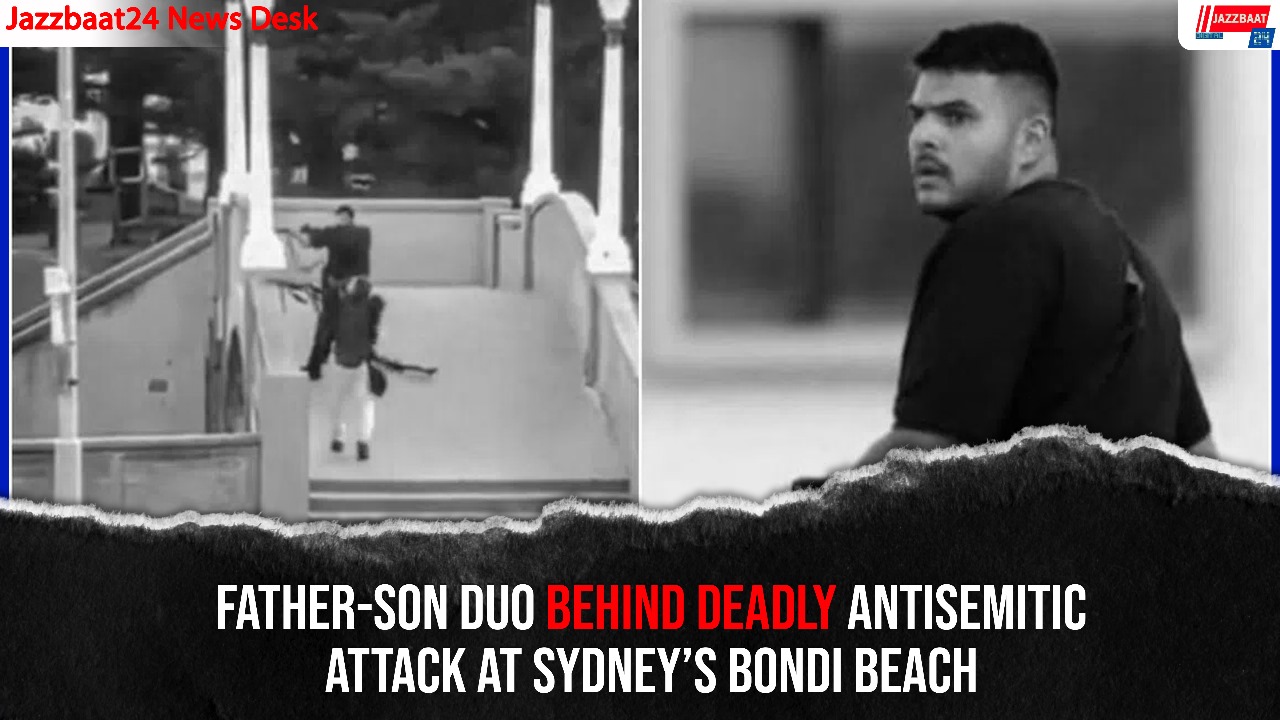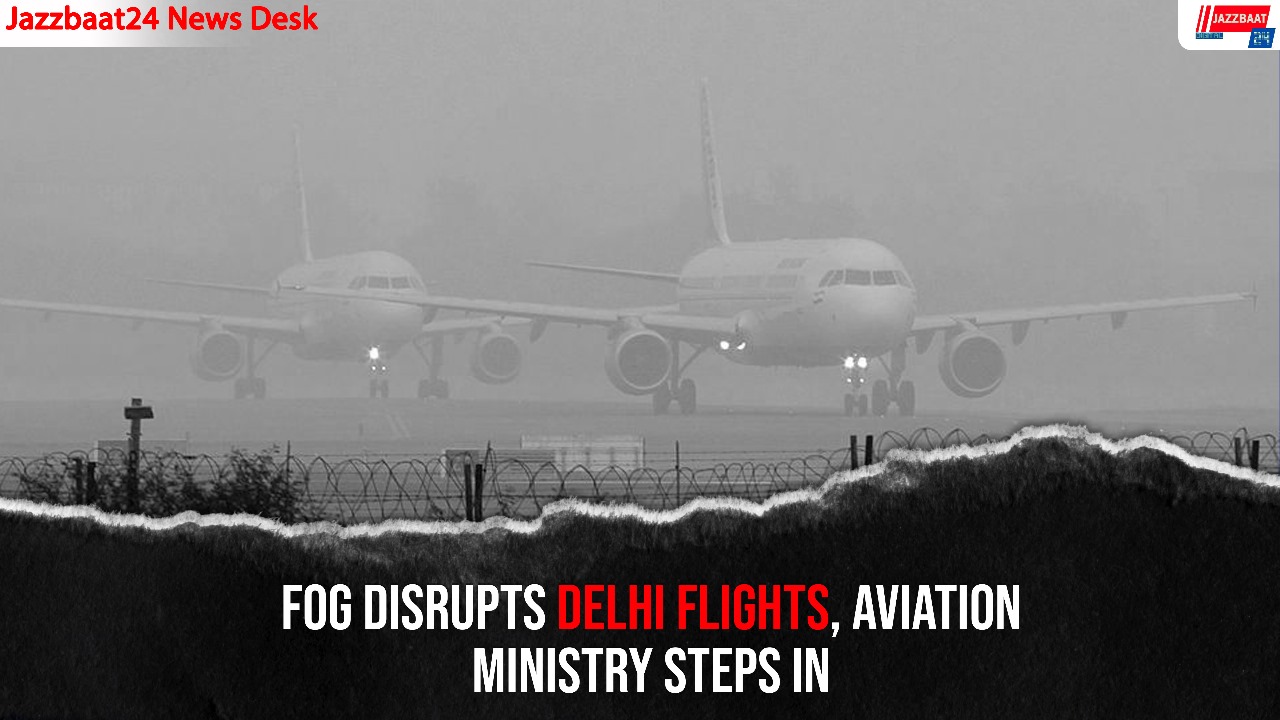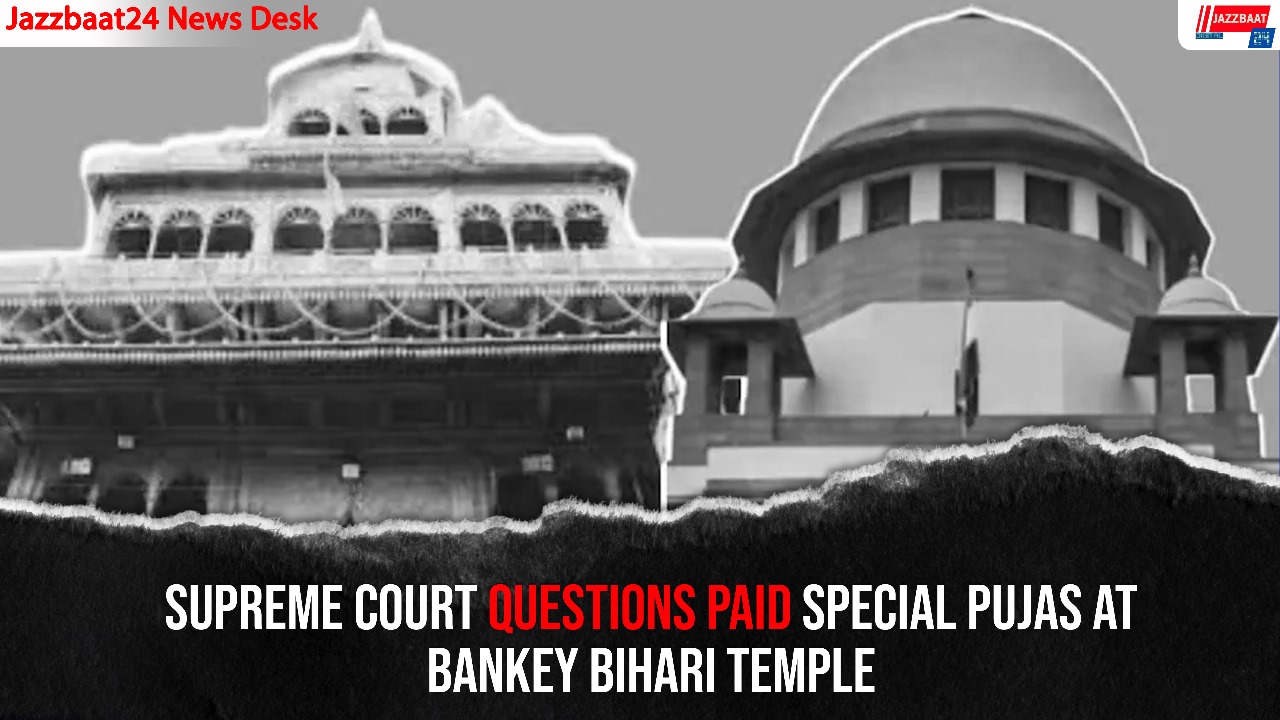Midnight Crackdown Rattles Imran’s Supporters
In a dramatic overnight operation, Pakistani authorities launched a series of crackdowns on supporters of former Prime Minister Imran Khan following violent clashes that left several dead. The government justified the move as essential for maintaining law and order, but critics view it as an alarming attack on political dissent.
The clashes erupted after a contentious court decision disqualified Khan from holding public office, further polarizing an already fragile political landscape. Reports indicate that police arrested hundreds of party workers, raiding homes in major cities such as Islamabad, Lahore, and Karachi. The intensity of the crackdown has drawn international attention, with human rights organizations voicing concerns about the erosion of civil liberties.
Many argue that the government’s actions reflect fear of Khan’s persistent popularity. His party, Pakistan Tehreek-e-Insaf (PTI), has galvanized public anger against the ruling coalition, accusing it of political manipulation. PTI spokespersons claim that the arrests are part of a broader scheme to suppress dissent and dismantle opposition forces before upcoming elections.
The government, however, blames Khan's party for inciting violence and threatening national stability. Interior Minister Rana Sanaullah stated, “These arrests are necessary to prevent further unrest and protect citizens.”
The crackdown has left Pakistan teetering on the brink of a democratic crisis. Observers worry that the escalating tensions could lead to further unrest, undermining the fragile balance of power. As supporters of Khan vow to resist, the question remains: can Pakistan afford to silence dissent in its pursuit of order?

